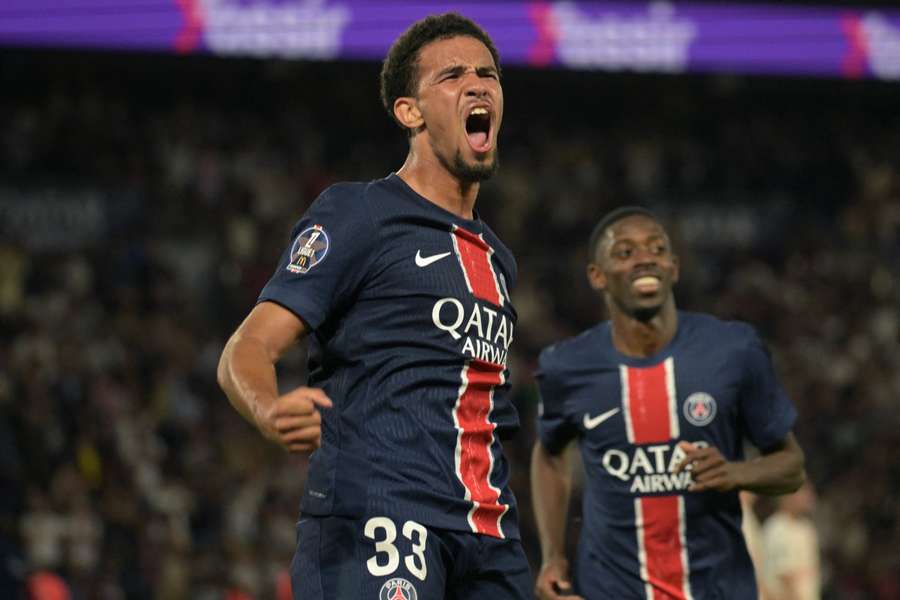The upcoming Champions League final between Paris Saint-Germain and Inter Milan represents more than just a battle on the pitch; it is a clash of contrasting philosophies, styles, and ownership models that reflect broader economic and political realities.
On one side, PSG is a club built with immense financial firepower backed by Qatari ownership. Their approach is characterized by relentless attacking flair, youthful exuberance, and astronomical spending. Players like Désiré Doué, who cost £45 million, Bradley Barcola at £40 million, and Khvicha Kvaratskhelia acquired for £60 million in the January transfer window highlight a team assembled with few financial constraints. PSG’s model hinges on a powerful combination of wealth, royal patronage, and savvy branding a form of soft power that extends beyond football into broader geopolitical influence. Their investment transcends mere trophies or financial returns; it serves as an elaborate exercise in global image crafting and political positioning, with football acting as a stage for a broader agenda.
Contrastingly, Inter Milan embodies austerity and resilience under a starkly different ownership regime. Once owned by the Chinese conglomerate Suning, the club fell into severe financial trouble during the pandemic years. An American investment fund specializing in distressed assets stepped in to stabilize Inter’s precarious financial state. Rather than aggressive spending, their approach focuses on shrewd financial management, gradual rebuilding, and eventual profitability. Key players like Achraf Hakimi and André Onana have been sold to maintain fiscal balance, replaced by experienced but less expensive squad members. Inter operates under far more modest commercial deals; their shirt sponsorship revenue pales in comparison to PSG’s lucrative contracts, underscoring the economic gap between the two clubs.
This financial reality shapes their footballing philosophies as much as their ownership does. PSG’s style is expansive, driven by talented young wingers and creative freedom. Inter, by contrast, relies on disciplined defense, experience, and tactical solidity. One team bursts forward with flair and high energy, the other absorbs pressure with seasoned efficiency. Yet beyond tactics, the match epitomizes the tensions between two competing visions of football’s future.
PSG’s state-backed model treats the club as a strategic asset for projecting influence and soft power, willing to absorb heavy losses in pursuit of a wider mission. Their spending is less about football’s immediate returns and more about building a global brand and political narrative. In comparison, Inter is a case study in modern financial pragmatism where clubs are assets managed for steady, risk-adjusted returns rather than sporting glory alone. This is reflected in the measured investment approach of their American owners, who value stability and long-term growth over headline-grabbing transfers or marquee trophies.
The implications extend beyond football. PSG’s ownership illustrates how sport can be intertwined with geopolitics, where clubs become instruments for states seeking international prestige and influence. Meanwhile, Inter’s investors epitomize the rise of financial entities treating clubs as portfolio assets focused on viability and value appreciation rather than emotional connection or sporting history.
Despite these differences, neither model is inherently more romantic or pure. Both involve compromises: PSG’s vision comes with an acceptance of political complexities and soft power strategies, while Inter’s financial stewardship may frustrate fans yearning for investment and ambition. Until football clubs are owned and run by their communities or supporters, these forms of ownership whether despotic or capitalist are likely to dominate.
Ultimately, the Champions League final is a symbolic confrontation. It is a contest not only of tactics and talent but of two competing economic and political systems shaping modern football. Whether you favor the state-backed extravagance of PSG or the financially disciplined resilience of Inter, the game embodies the complex realities behind the beautiful game today.

